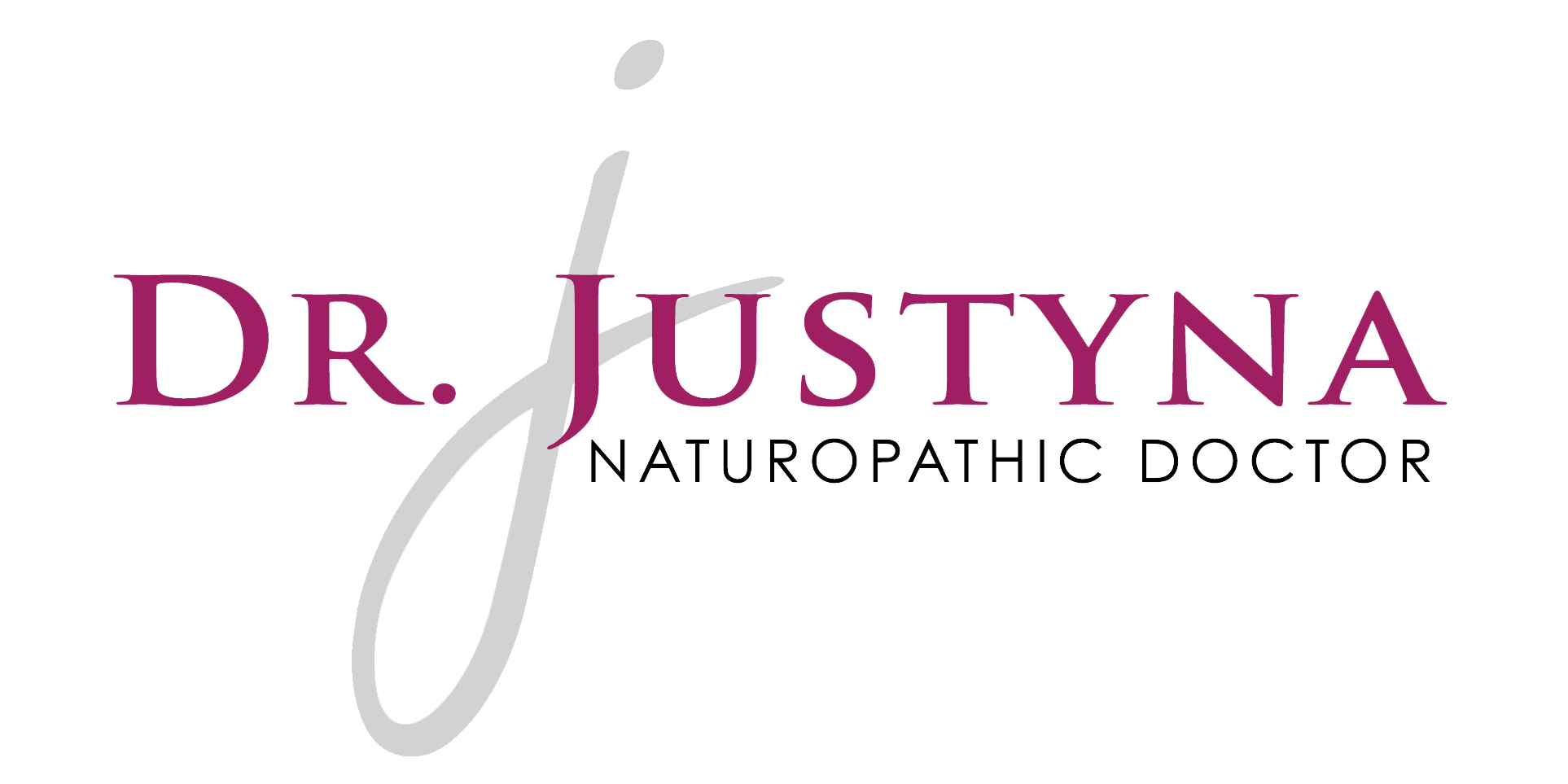
With summer just around the corner many families are lathering themselves up with sunscreen to prevent burning themselves while they have fun in the sun. However, choosing the right sunscreen to put onto your family’s skin is just as important during those warm sunny days.
.
The Environment Working Group (EWG) recently released its annual guide to sunscreen. A whopping 2/3 of the sunscreens tested did not work well or contained hazardous ingredients such as:
Oxybenzone – functions to absorb UV light but is also believed to cause hormone disruption and cell damage that may provoke cancer
.
Retinyl palmitate (Vitamin A palmitate) – when this chemical is exposed to sun (as opposed to when it’s in a night cream) it may actually increase the speed at which malignant cells develop and spread skin cancer
.
Fragrance – there are many types of fragrances which can be hazardous to your health including:
.
Parabens – which interfere with hormone production and release
.
Phthalates – which are carcinogenic and linked to reproductive effects such as decreased sperm count, early breast development and birth defects
.
Synthetic musks – which are hormone disruptors thought to be persistent and accumulate in breast milk, body fat, umbilical cord blood and the environment.
.
So what are the BEST sunscreens to use?
.
Use sunscreens with zinc and titanium based mineral ingredients as they block the sun’s rays without penetrating your skin.
.
For proper sun protection one needs to protect against both UVA and UVB rays. SPF only protects against UVB rays, which also happen to the rays responsible for Vitamin D production. However, it is UVA that is the more dangerous light and has been linked to skin damage and cancer.
.
For now, unfortunately, there is no way to measure sunscreen’s ability to protect you from UVA rays by simply reading the label and seeing the SPF. However, zinc oxide and titanium dioxide are protective, so look for this ingredient. Zinc oxide is especially good as it protects against both ranges of UVA (1 and 2) and UVB. Titanium dioxide, your second top alternative, protects you against UVA2 and UVB but not UVA1.
.
For more information about choosing a safe sunscreen for you and your family and for a comprehensive sunscreen rating chart please see EWG annual sunscreen guide at: http://www.ewg.org/2014sunscreen/

